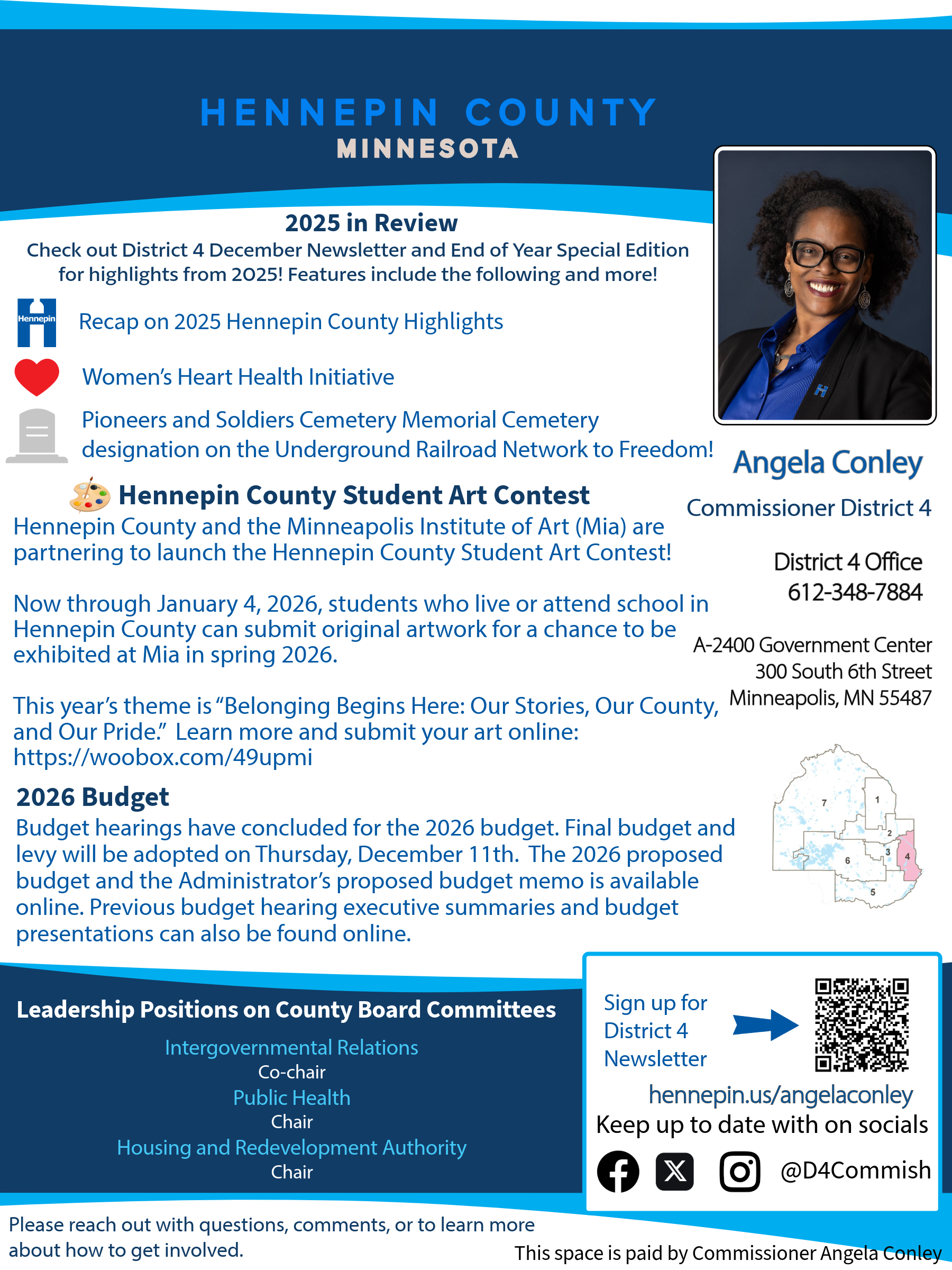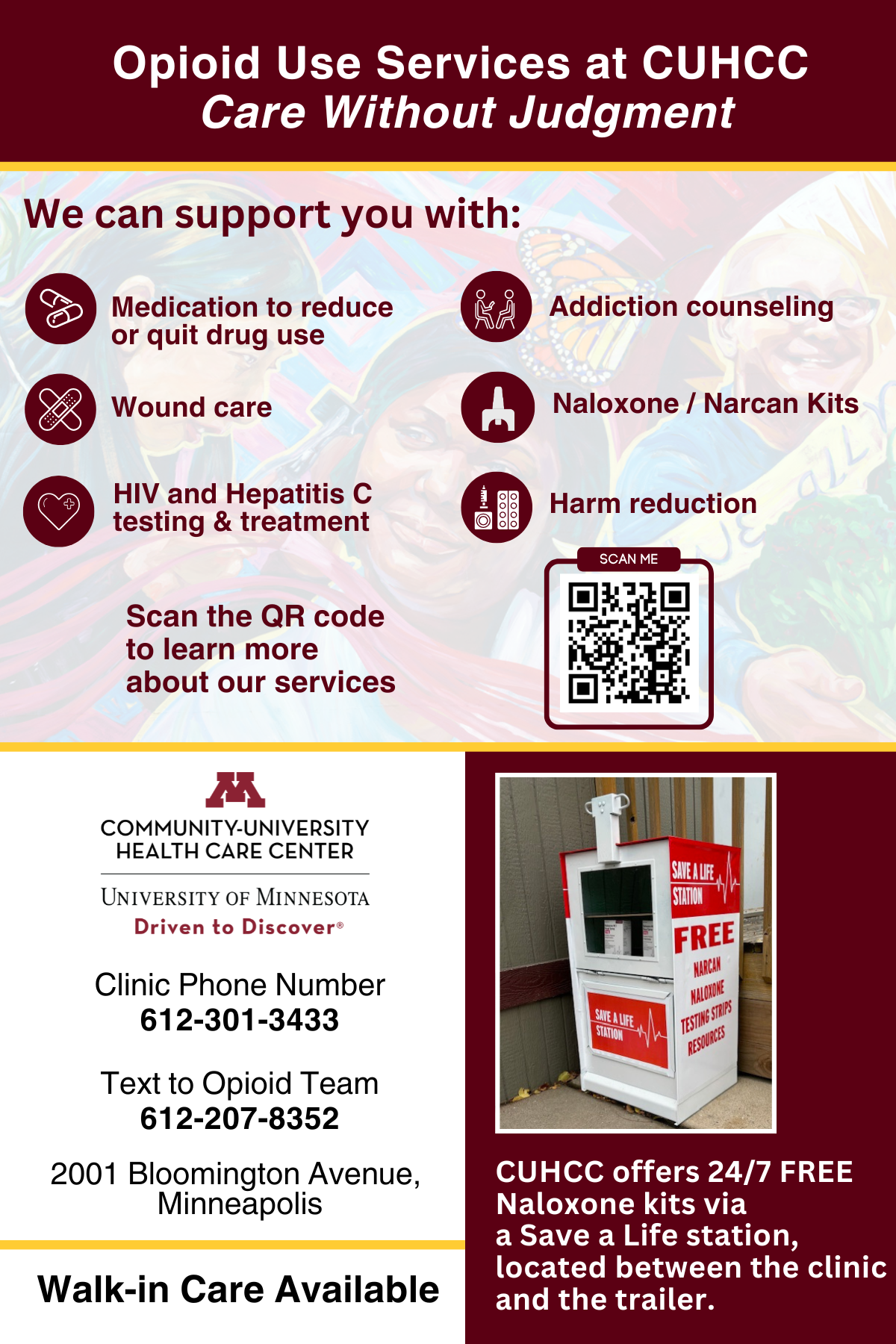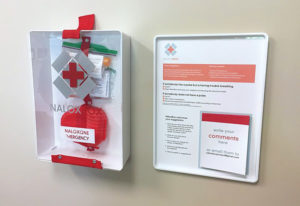On Wednesday, January 17, 2018 a Franklin Library patron died at HCMC, after overdosing in the library restroom. Another patron overdosed the following morning in a Franklin Library restroom. Although this is absolutely heartbreaking, I know as a Hennepin County Library worker it has become far too common for library patrons to overdose in Hennepin County libraries or on library property. As the opioid epidemic has exploded, as we know too well in the Phillips neighborhoods, public restrooms have become regular sites for drug injection.
Unfortunately, Library Administration has failed to adequately provide for the safety of workers and patrons in Hennepin County Public Libraries. This is not to diminish the wonderful work that public library workers do. But public libraries, as some of the few remaining public spaces, often fill in the gaps that insufficient public services create. Libraries frequently act as de facto day centers and, in some cases, de facto injection sites. Library workers (including County Security, and contracted security and custodial workers) have few or no tools to safely deal with this reality.
For example, Hennepin County Libraries have very few SHARPS containers, either for public or staff disposal. AFSCME Local 2822, representing circulation staff in Hennepin County Libraries, has asked for SHARPS containers in public libraries for months, but the reluctantly promised pilot program (in two buildings out of 41), has been slow to materialize. At a December meeting with union representatives, Library Administration was unable to provide satisfactory information on the availability of SHARPS containers in libraries, proper SHARPS disposal procedures, training, or safety for Hennepin County Security and Library staff or for contracted security and custodial staff. In fact, union representatives were questioned as to why they would care about the safety of workers who were not in their union.
Although Hennepin County has been working on a draft Opioid Task Force, according to Library Administration, the Library will play a very small role as a referral agency, with no real acknowledgment that the opioid epidemic is happening, every day, inside the libraries themselves. Any potential training for library staff would be “informal.” Library workers are not emergency first responders, but we are often the first people who interact with someone experiencing a medical emergency. I know from my own experience with loved ones and neighbors struggling with opioid addiction how incredibly traumatizing it is to watch and worry. Library staff need adequate training and support.
Many public libraries across the United States have already stepped up to face this growing public health issue. More proactive library systems already have SHARPS containers, training for both staff and patrons around opioid addiction and emergency responses to overdose, and consistent monitoring of public restrooms. One library system is piloting a “NaloxBox,” which provides naloxone in a publicly-accessible box, much like the defibrillator box all Hennepin County Libraries have.
Dealing with addiction in our communities is not easy, but the choice to support people struggling with addiction and to protect the safety of library workers and patrons should be an easy choice to make. I fervently hope the recent tragedy at Franklin Library will be a much-needed wake-up call. Hennepin County Library needs to do better.
Lindsey Fenner lives in East Phillips, is a Hennepin County Library worker, and is on the Executive Board of AFSCME Local 2822, representing clerical workers at Hennepin County. Her opinions are her own.










